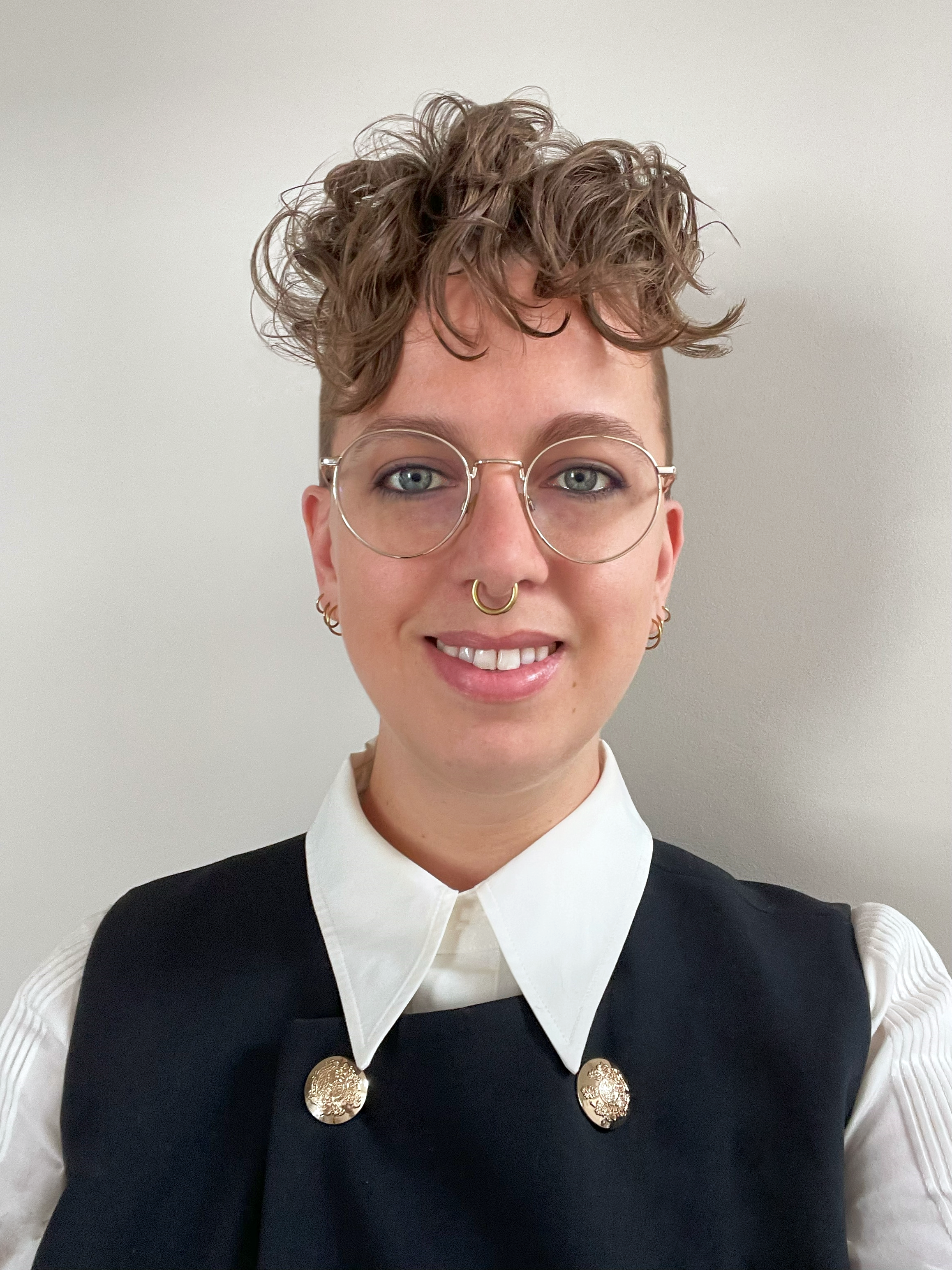Event summary
Date
Start Time
End Time
Webinar Online,
When we hear about neurodiversity, or about neuro-affirming support, it’s often in the context of autistic people with lower support needs. These are autistic people who may need some support, often related accessing education or employment, but who are generally capable of self-advocating – of understanding their own needs and asking for help with them. However, this group of autistic people is only part of the autistic population.
Some autistic people, those with higher support needs, may not be able to do these things. What does neuro-affirming care and support look like for these people, in this context?
Building on last week’s talk, we’ll be discussing neuro-affirming practice again, but for autistic people with high support needs this time.
We’ll cover
1. Why neuro-affirming support is still important for this group of autistic people,
2. How some of our basic principles of neuro-affirming support might need to be altered for this specific context, and
3. Some tips and hints as to how you can start applying neuro-affirming principles in your work with autistic people with high support needs.
Location
Webinar Online
Adobe Connect
Get Directions

Holly E.a. Sutherland
Website - https://www.heasutherland.com/
LinkedIn - https://www.linkedin.com/in/holly-e-a-sutherland/
BlueSky - @heasutherland.com
Event summary
Date
Start Time
End Time
Webinar Online
